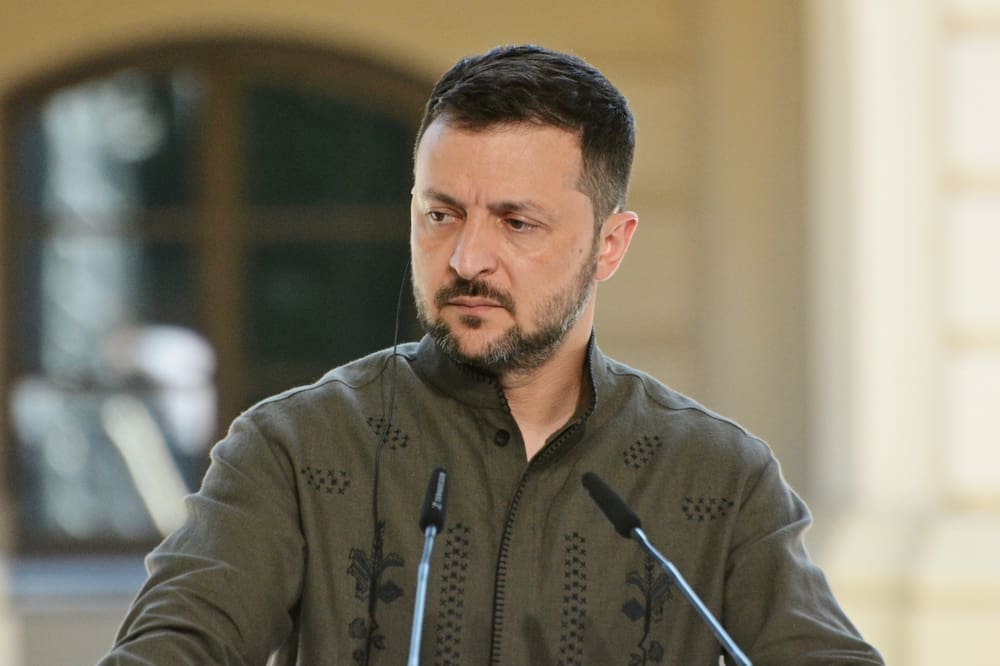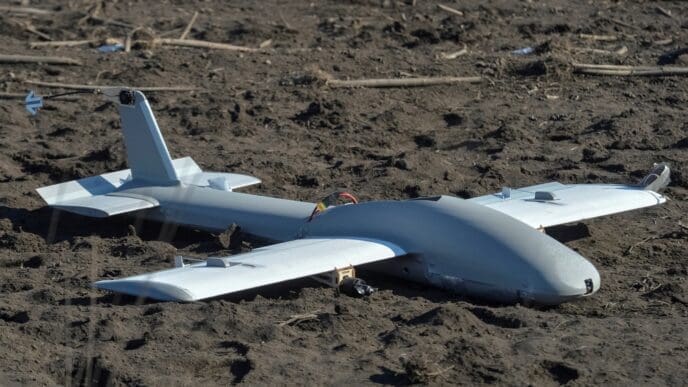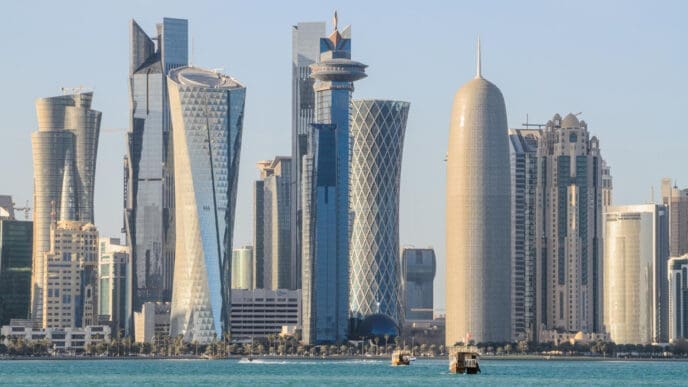Nearly three years since the onset of the conflict, negotiations to halt the devastating war between Russia and Ukraine are poised to commence, following an announcement by U.S. President Donald Trump. The discussions aim to end a bloody conflict that has claimed tens of thousands of lives.
President Donald Trump revealed his pivotal role in initiating these peace talks, stating that he had engaged in productive dialogues with both Russian President Vladimir Putin and Ukrainian President Volodymyr Zelenskyy. Both leaders reportedly expressed a desire for peace, prompting Trump to instruct U.S. officials to commence negotiations without delay.
In detailing his conversation with Putin, Trump emphasized the mutual agreement on the necessity to end the conflict, which has inflicted massive destruction and loss of life in Ukraine. Acknowledging the strained relations over the past few years, both leaders committed to working closely towards peace, with plans to visit each other’s countries as negotiations proceed.
Despite Trump’s optimistic stance, the path to peace is fraught with significant challenges and compromises for Ukraine. U.S. Secretary of Defense Pete Hegseth underscored the improbability of Ukraine returning to its pre-2014 borders or joining NATO, highlighting the complexities of achieving such objectives in the current geopolitical climate. Trump’s agreement on these points suggests potential concessions Ukraine might have to consider in the forthcoming talks.
The geopolitical ramifications of these negotiations are profound. A resolution to the war could ease global tensions, revitalize disrupted supply chains, and improve investor confidence. For Russia, peace might lead to a reprieve from the heavy sanctions that have paralyzed its economy, while granting Putin a diplomatic exit from the conflict without appearing to capitulate to external pressure.
Nevertheless, Ukraine faces the daunting reality of negotiating peace while protecting its national interests. Ukrainian officials, including advisors like Yuriy Sak, recognize the complexity and sensitivity of these talks. They stress the importance of maintaining Ukraine’s sovereignty and territorial integrity while seeking substantial security guarantees as part of any peace agreement.
The international community, particularly members of the European Weimar+ group, express their intent to remain actively involved in supporting Ukraine through these negotiations. Their collective goal is a just and lasting peace that not only ensures Ukraine’s security but also addresses broader regional stability.
The unfolding negotiations underscore the high stakes for Ukraine, which must navigate diplomatic pressures while striving to safeguard its sovereignty and strategic interests in the face of formidable geopolitical dynamics.
As Ukraine prepares for peace talks with Russia, the potential outcomes carry significant implications for its national security and regional stability. While President Trump’s intervention brings a glimmer of hope for ending the conflict, the road to peace demands careful negotiation and potential concessions. The world watches closely as these talks unfold, eager for a resolution that promises lasting security and cooperation in the region.














